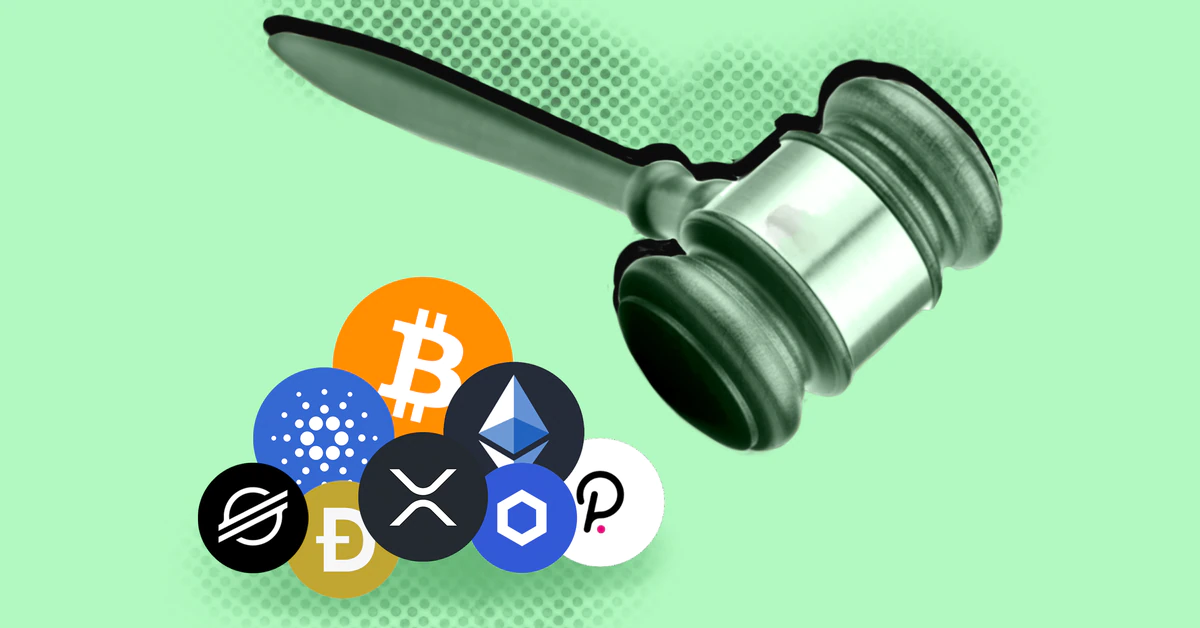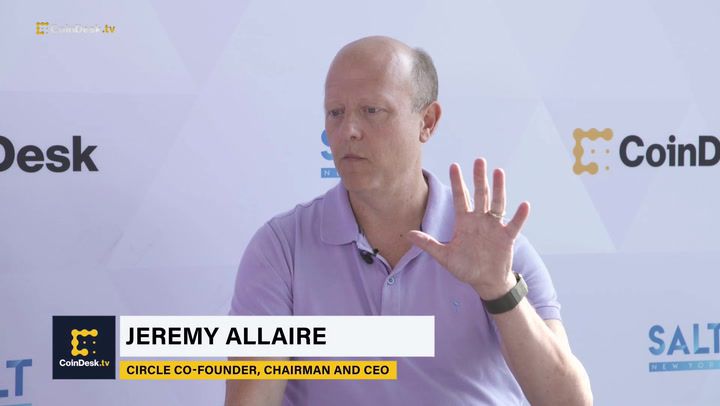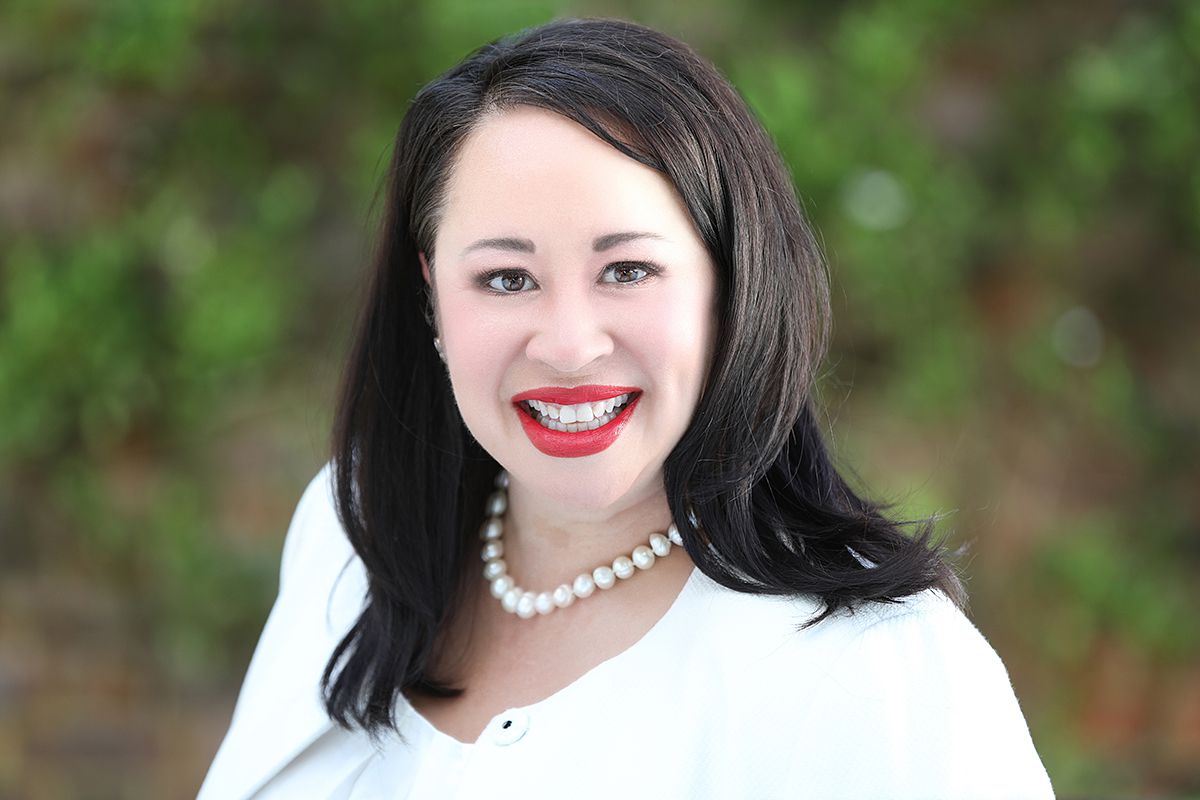Facing a head-spinning array of new legislative and regulatory action out of Washington, D.C., the crypto industry is reacting the way any sector flush with cash would: It’s throwing money at the problem.
Established trade associations are bulking up their lobbying operations, and individual firms seeking more bespoke treatment are hiring their own representatives from D.C.’s enormous pool of Congress-whisperers and regulator-persuaders.
The crypto industry is late to the game. With the exception of a few well-established trade groups, and some firms that saw the importance of having a seat at the federal table before it became painfully obvious, crypto companies have largely avoided engagement with Washington.
This article is part of Crypto 2022: Policy Week, a look at how regulators and legislators are shaping cryptocurrency and how the industry is fighting back.
As a whole, the industry has suffered from a “short-sighted lack of commitment to, and investment in, Washington,” said Miller Whitehouse-Levine, policy director for the DeFi Education Fund, a new Washington, D.C.-based organization that aims to educate policymakers about the benefits of decentralized finance and governance.
The lack of engagement was partly down to the deep vein of libertarian sentiment running through the crypto world, and partly a result of wishful thinking.
“There’s obviously a pretty anti-centralized authority streak throughout the industry, and the U.S. government is the biggest, baddest, centralized entity in the world,” Whitehouse-Levine said. “There’s just a natural aversion to engaging with it in the crypto industry.”
At the same time, he added, there was a misguided hope that crypto would “fly under the radar” of government regulators, much as internet firms did in the early days of the World Wide Web. “That has not been borne out in any shape or form,” he said.
A rude awakening
It’s difficult to pinpoint a moment when the industry really woke up to the need to have a larger presence in Washington. For some, it was as far back as 2019 when Facebook CEO Mark Zuckerberg faced intense pushback from Congress over the company’s plans to create a stablecoin called libra (since renamed diem). For others, it was in December, when outgoing Treasury Secretary Steve Mnuchin issued a proposed rule that would have barred many anonymous transfers of cryptocurrency.
But for most it was this summer, when the crypto industry was rocked by the news that an amendment attached to a bipartisan infrastructure spending bill would raise $28 billion in taxes from the industry by requiring cryptocurrency “brokers” to report transactions to the Internal Revenue Service. The trouble was the definition of “broker” used in the legislation was so broad it would have included bitcoin miners and software developers working on digital wallets.
The outcry raised by the industry’s representatives in Washington was enough to convince a number of influential members of Congress that the legislation needed to be changed, though a final version of the bill is still pending.
“The infrastructure bill fight made it real for a lot of people who weren’t paying attention to D.C., that D.C. is paying attention to crypto,” said Neeraj Agrawal, communications director at Coin Center, one of the handful of crypto-focused organizations that has been on the front lines of federal policy battles for years.
“The crypto industry as a whole kind of realized [it needs] to beef up lobbying efforts, or policy will be left to congresspeople who maybe don’t fully understand the technology, as evidenced by some of the language that was put into the infrastructure bill,” said Nisa Amoils, a securities lawyer and managing partner of A100X Ventures.
“The infrastructure fight, especially, really woke everyone up,” agreed Ron Hammond, director of government affairs for the Blockchain Association. He described the effort to change the language about brokers in the infrastructure bill as a unifying moment for the industry’s lobbying representatives.
“The core group of subject matter experts and lobbyists just said … ‘we’ve got to get together on this front,’” he said. “We all combined forces to be a big strong voice.”
Stablecoin regulation looms
The recognition that the industry can successfully wield influence on Capitol Hill comes at a time when crypto is facing a slew of new legislative and regulatory challenges.
In addition to the infrastructure bill, the President’s Working Group on Financial Markets is finalizing a set of highly anticipated recommendations that are expected to guide the regulatory treatment of stablecoins. Securities and Exchange Commission head Gary Gensler is taking every opportunity to say he thinks crypto markets belong under the SEC’s watch, and the Federal Reserve is about to release a report indicating whether or not the federal government ought to launch a central bank-backed U.S. dollar coin.
It’s on the question of how the government will treat the $100 billion-plus stablecoin market that the industry is likely to see clarity soonest. The President’s Working Group could deliver its findings at any momen; when it does it will be in the form of recommendations, not hard-and-fast rules.
Teana Baker-Taylor, chief policy officer of the Chamber of Digital Commerce, said it is possible that a regulatory framework for stablecoin issuers is something that could come together in the next 12 to 18 months.
It’s in that middle phase – where regulators and/or lawmakers turn recommendations into real policy – when D.C. lobbyists really earn their fees.
Unsurprisingly, Circle, whose USD coin (USDC) is the second largest stablecoin on the market, is also building up its lobbying presence.
Circle’s goal has always been to be subject to regulation, something the company’s founder and CEO, Jeremy Allaire, has been saying for years. But the path to some sort of regulatory certainty is a tricky one, made even more so by Circle’s biggest competitor, Tether, and its eponymous dollar-denominated stablecoin. Tether has spent years sparring with regulators and law enforcement agencies over whether it truly holds the reserves necessary to back tether’s nearly $70 billion market capitalization.
On top of trying to distance its client from Tether, Circle needs to allay the concerns of the Biden administration that stablecoins and other digital assets are making it easier for the perpetrators of ransomware attacks to get away with their victims’ money.
“We will continue to advocate for effective policies that position the U.S. as a global leader in fostering the growth of new digital economic infrastructure. We know that, much like with the creation of the internet, it’s only through rigorous public-private sector collaboration that people everywhere will be able to tangibly benefit from public blockchains and we are engaging with policymakers to make that a reality,” Dante Disparte, Circle’s chief strategy officer and head of global strategy, said in a statement provided to CryptoX.
More money, fewer problems?
Even before the infrastructure bill came to light and the issue of stablecoin regulation began to heat up, the industry was beefing up its lobbying muscle.
Lobbyists who work with Congress have to file regular disclosures indicating for whom they work, how much they are being paid and on what specific issues or pieces of legislation they are working. The data is compiled into a searchable database by the government transparency organization Open Secrets.
That database shows the Blockchain Association spent $290,000 on in-house and external lobbyists in 2020. This year it spent $290,000 by the end of June, the most recent filing date.
The Chamber of Digital Commerce, another lobbying group, in 2020 spent $120,000 and listed just one in-house lobbyist working on its behalf. Through June 2021, the organization had already spent $92,000 and listed four lobbyists, three from the firm FS Vector, which began representing the Chamber in April.
How do you form a PAC? Asking for a friend
— Barry Silbert (@BarrySilbert) August 6, 2021
In addition to increased spending by the trade groups, individual companies in search of bespoke representation have been adding both internal and external lobbyists to their teams.
Coinbase has been increasing what it spends on lobbying every year since 2017, and shelled out $230,000 last year. By June of this year it had already spent $160,000 and had increased its roster of registered lobbyists from seven to nine.
Ripple Labs, which spent $330,000 in 2020, has blown past that figure already, spending $550,000 through June. Since 2019, the firm has doubled the size of its stable of lobbyists, from six to twelve. The firm knows the dangers of Washington better than most, having been taken to court by the SEC last year over sales of its XRP token, which the agency alleges amounted to an unregistered securities offering.
The spending figures for the third quarter of the year haven’t been released yet, but the trend is clear. In the months since the infrastructure fight began, well over a dozen new disclosures have been filed documenting new lobbyist hires by crypto firms and trade groups. For many, it was their first recorded hiring of a lobbyist.
That includes Hedera Hashgraph, which has been represented by Key Bridge Advisers since Aug. 31.
In a statement provided to CryptoX, Brett McDowell, executive director of the Hedera Council, explained the organization’s thinking, saying, “The Council Members and the broader Hedera community have an interest in ensuring that legislators and regulators, in the U.S. and elsewhere, are well-informed about distributed ledger technology and the broad range of issues faced by those who are building valuable businesses that leverage the technology or otherwise participating in the industry.”
Another firm new to the game is Digital Currency Group, the owner of CryptoX, which hired its first lobbyist, the Klein/Johnson Group in April, and took on Capitol Counsel in August.
Not all bids to influence federal policymakers are taking the form of traditional lobbying operations. Andreessen Horowitz (a16z) recently launched a new $2.2 billion crypto venture fund and has hired, among others, former federal prosecutor Katie Haun, who investigated the Mt. Gox hack; Bill Hinman, the former director of the SEC’s Division of Corporation Finance; Tomicah Tillemann, a former adviser to Joe Biden and Hillary Clinton; and Brent McIntosh, a former Treasury Department official who specialized in the regulation of digital assets.
While none of a16z’s hires are officially lobbyists, several were expected to be in Washington for meetings with the administration and Congress this week. The plan was to raise awareness of a lengthy proposal a16z released last week for regulating what it refers to as Web 3, which it defines as “a group of technologies that encompasses blockchain, cryptographic protocols, digital assets, decentralized finance and social platforms.”
Also last week, Coinbase revealed what some of its recent policy hires have been up to. The largest U.S. crypto exchange by daily trading volume, which went public this year, released a model regulatory structure for the crypto industry. The proposal called for separating digital assets from the existing financial regulatory structures by creating a single regulator for digital asset markets.
The object, said Coinbase Chief Policy Officer Faryar Shirzad, is “to start an open and participatory national conversation on the future of our financial system.”
A ‘cash grab’
There are signs that not all the money the crypto industry is pumping into Washington is being well spent. Experts at some of the established advocacy groups said they were surprised at the large number of lobbying firms being hired, because the number of lobbyists with true expertise in the subject matter is relatively small.
On the other hand, lobbyists can be very persuasive.
“There’s an industry with a lot of money, and lobbyists are really good at seeing opportunities. So it’s not surprising to me that there’s a marriage happening there,” said Agrawal, of Coin Center.
But while lobbying firms may talk a good game on conference calls with their potential clients, it’s in the halls of Congress where the rubber meets the road. There, the results of the latest spending splurge have been uneven, at best.
“It’s a bit of a cash grab right now,” said one Capitol Hill staffer who works on crypto issues. Many of the newly minted crypto lobbyists, the staffer said, don’t really know what they’re doing.
“I deal with people all the time who aren’t good at their job, and with some of the newer folks it’s painful,” the staffer said. “I don’t want to have to explain to you how to do your job and you make money off of it.”
The staffer urged industry participants looking for representation in Washington to understand that a good lobbyist will sometimes have to tell clients things they don’t want to hear. If that’s not happening, it’s a good idea to maintain “a healthy level of skepticism.”
Another Hill staffer close to crypto issues said it’s obvious that some of the firms hiring lobbyists right now have been prioritizing access over subject matter knowledge.
“They’re hiring people who have a good foundational lobbying background, and teaching them as they go,” the staffer said.
‘Maximizing resources’
The situation reminds Baker-Taylor, of the Chamber of Digital Commerce, of the market for legal representation crypto companies faced several years ago.
“Five years ago, everybody was looking for lawyers that could help guide and advise them,” she said. “And we all knew the lawyers were learning on the job.”
“There are two elements here,” she said. “There is understanding the subject matter that you’re advocating for at a level of technical and commercial detail. That’s critically important. … And then there’s understanding how Washington works. And I think that there are people who are good at one of those, but there’s not a lot of people who are great at both. I think that that’s part of an industry that’s maturing.”
Whitehouse-Levine, of the DeFi Education Alliance, said crypto companies need to be more careful about who they hire to represent them. “You can’t just hire a lobbying firm here in D.C. and then forget about it except for paying the retainer once a month. To maximize those resources will require a massive amount of education before lobbyists can be depended on to get out there and educate.”
The DeFi Education Alliance is in the process of hiring lobbyists, Whitehouse-Levine said, and it is doing so very deliberately.
“We put together a briefing book of ‘DeFi 101′ readings that ended up being 450 pages that we’re going to ask our firms to read before getting started,” he said. “We also intend to do a five-day sprint curriculum to try to get our lobbyists up to speed.”
The good news is that once those lobbyists know their stuff, they’re going to find a willing audience among many members of Congress who, just a few years ago, didn’t want anything to do with crypto issues.
“Early on, on the crypto lobbying side, most members didn’t want to go down the rabbit hole,” said Hammond, of the Blockchain Association. “It was just so complicated and so daunting to know that you have to invest so much time into it. But now it’s getting to the point that they understand they have to learn this issue.”
These days there is as much outreach coming from Congress as there is going in the other direction. “It’s not as much me reaching out as the opposite,” he said, with congressional offices asking the industry to help educate senators and members of Congress on the issues.
“There’s a big thirst for education on both sides of the aisle,” Hammond said.
Also part of Policy Week
Stablecoins not CBDCs: An interview with Rep. Tom Emmer






